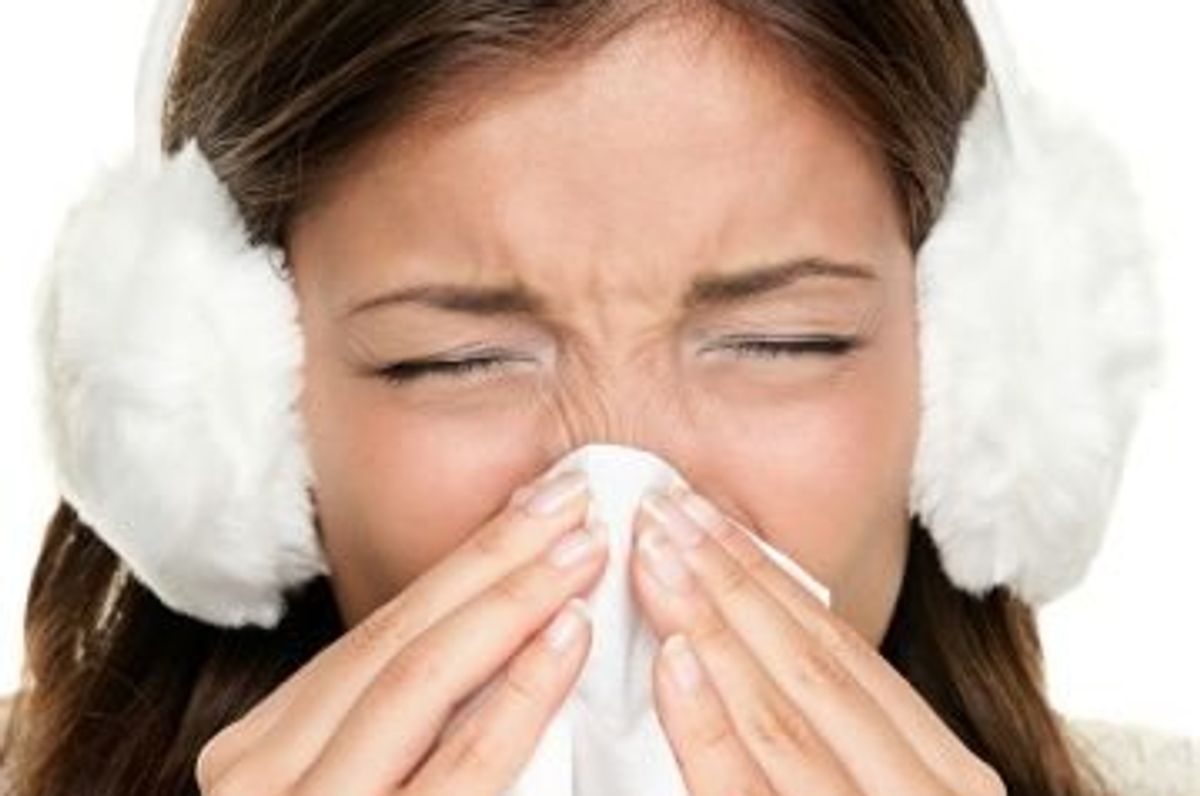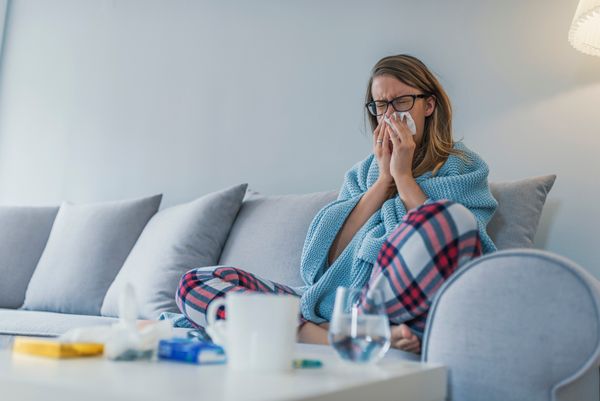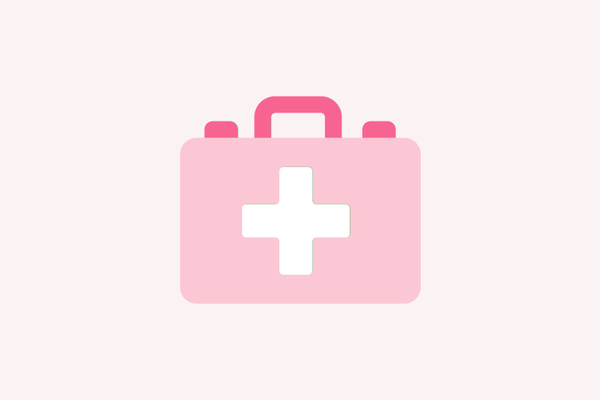On a recent trip to the supermarket, I nabbed the last two boxes of tissues on an otherwise empty shelf. I wasn't surprised; all around me, people are hacking, snorting, sneezing and honking-and suffering plenty, too.
The flu season is here, and it's the earliest start since the season of 2003. Flu activity usually peaks in January or later. Like 2003, which was a "moderately severe" flu season, this year is also seeing the H3N2 strain of flu. Fortunately, if you choose to get a flu vaccine, the one offered this year covers this strain.
READ: Natural Ways to Prevent and Manage the Flu
Based on various tracking methods, so far flu-like illnesses seem to be widespread in Alabama, Georgia, Mississippi, South Carolina and South Dakota. Moderate activity is being seen in most southeastern, south central and central states, as well as in Alaska and Hawaii.
More of the United States can't be far behind, especially since many people will be gathering and traveling during the holidays.
Did you get your shot yet? The Centers for Disease Control and Prevention (CDC) estimates that 112 million Americans have gotten their flu shots or nose-spray vaccine so far this year. But that's only about 37 percent of the population that for whom vaccines are recommended. The CDC recommends everyone 6 months of age and older get a flu vaccine, unless you have had a severe reaction to a flu vaccine in the past or have a severe allergy to chicken eggs or you are sick with a fever.
It's important to note that a flu vaccine doesn't guarantee that you will get through the season sniffle-free. The 2012-2013 vaccine protects against two influenza A viruses (H1N1 and H3N2) and an influenza B virus. It won't protect against other strains of flu viruses or against infection and illness caused by other viruses. These other viruses can cause flu-like symptoms, as well.
So, how do you know the difference between flu and a common cold? Many times, it can be difficult to tell, since the flu and colds can be caused by viruses, and the symptoms can be so similar. They're both respiratory illnesses, after all.
Flu symptoms, which come on more quickly than a cold, will generally include a high fever, according to Jennifer Collins, MD, assistant professor of allergy and immunology at The New York Eye and Ear Infirmary.
In general, the flu is worse than the garden-variety cold. With it, you'll feel other symptoms like body aches, extreme fatigue and a dry cough. Most flu symptoms will gradually improve over two to five days, although you can feel run down for a week or more.
A cold is more likely to give you a runny or stuffy nose, usually starting with a sore throat. After a day or two, the sore throat will retreat, and you'll be treated to a runny, stuffy nose and cough. You're contagious during the first three days that you have cold symptoms. Then after about a week, your cold should subside; if you continue to have symptoms, a bacterial infection might be the culprit.
Unlike the flu, colds do not generally result in serious health problems like pneumonia, bacterial infections or hospitalizations.
Dr. Collins offers this advice for those of you who have a cold and wonder whether or not it's a good idea to still sneak in a workout: if you feel well enough, go for it. "But make sure you wipe down any areas that are touched by others at the gym. Avoid touching your face while at the gym, and make sure you wash your hands well after being at the gym," she says.
And of course, it's best to stay home and skip your workout if you have a fever or are extremely fatigued.
That old-fashioned remedy of chicken soup has merit: in addition to being tasty and soothing, it serves as an anti-inflammatory, by inhibiting the cells in your immune system that are responsible for your body's inflammatory response. It also temporarily speeds the movement of mucus and helps relieve congestion.
Another thing you might want to try at the first sign of a cold are zinc gluconate lozenges, suggests Dr. Collins. Cold-EEZE lozenges are clinically proven to reduce the duration of a cold by nearly half without making you drowsy, according to the Cleveland Clinic, thanks to the zinc ions that are released and absorbed by the upper respiratory system which blocks the cold virus from replicating.
And isn't that a good thing? You'll be more alert to go to the gym, eat chicken soup, or just veg out on the couch and catch up on some TV. Hey, you have an excuse.







